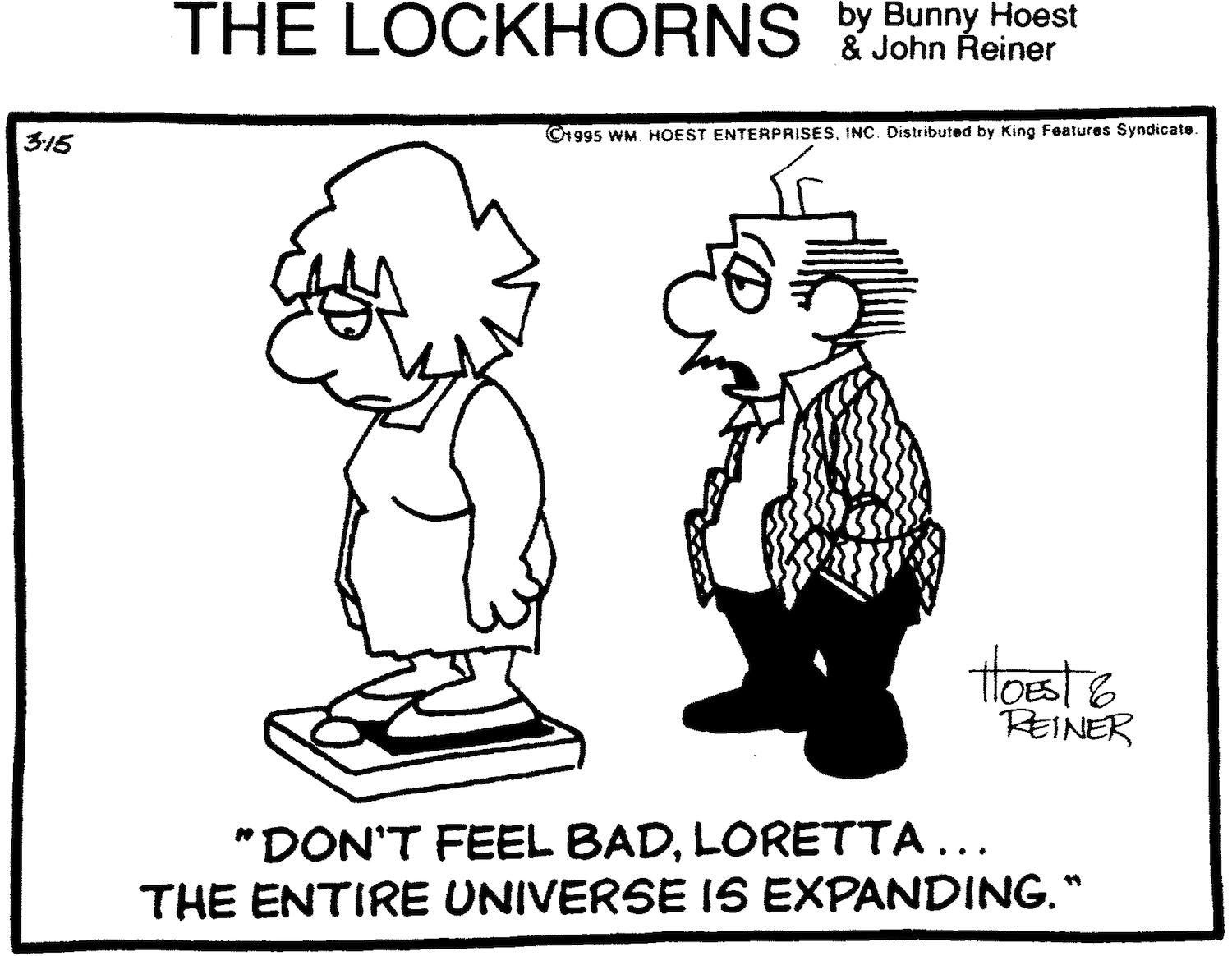“Lamentations over the Death of the First-Born of Egypt…”
The Bible readings for Sunday, September 7, are Exodus 12:1-14, Psalm 149, Romans 13:8-14, and Matthew 18:15-20. For notes and commentary on Psalm 149, see On the Psalms up to September 7. As always, you can see the full readings at The Lectionary Page, but here are some highlights and commentary.
In Exodus 12:1-14, Moses instructs the Hebrews – still in Egypt as slaves – in the institution of the Passover. To set the stage, God just announced to Moses the last of the 10 plagues, with the tenth plague – to follow – being the killing of the first-born son of every Egyptian couple, from the Pharoah on down. (That happens in Exodus 12:29-36, which gets skipped this year.)
The Jewish people celebrate Passover as a commemoration of their liberation over 3,300 years ago by God from slavery in ancient Egypt … and their freedom as a nation under the leadership of Moses… God helped the Children of Israel escape from their slavery in Egypt by inflicting ten plagues upon the ancient Egyptians before the Pharaoh would release his Israelite slaves; the tenth and worst of the plagues was the death of the Egyptian first-born. The Israelites were instructed to mark the doorposts of their homes with the blood of a slaughtered spring lamb and, upon seeing this, the spirit of the Lord knew to pass over the first-born in these homes, hence the English name of the holiday.
See Passover – Wikipedia, the free encyclopedia, emphasis added. Or as noted in Exodus 12:7 and 13, the Hebrews in Egypt were to “take some of the blood and put it on the two doorposts and the lintel of the houses in which they eat it [the Passover Lamb]… The blood shall be a sign for you on the houses where you live: when I see the blood, I will pass over you, and no plague shall destroy you when I strike the land of Egypt.” (Emphasis added.)
In Romans 13:8-14, Paul discussed the code of conduct “in relation to neighbors” and “in the day of salvation,” to wit: a “discussion of love fulfilling the law and the imminence of Christ’s second coming.” Paul noted that “the one who loves another has fulfilled the law,” and further that all the commandments “are summed up in this word, ‘Love your neighbor as yourself.'” Finally he noted that “love is the fulfilling of the law.” (Emphasis added.)
As to Matthew 18:15-20, Lectionary Scripture Notes had this to say:
We continue to consider [Matthew,] the most Jewish-oriented of all the gospels, addressing an original audience that was probably Jewish Christians no longer in full communion with Judaism… Matthew alone concerns himself with matters of the church and how Christians are to live together.
The reading goes through the procedures to resolve conflicts between church members, and ends with Jesus awarding “the Power of Keys to all the disciples (whatever they bind or loose is bound or loosed in heaven),” and not just Peter alone, as had transpired in Matthew 16:18-19. For discussion of the impact of that later decision, see On sharing the “Keys to the Kingdom”.
Finally, note that this Sunday’s Gospel leads up to Jesus telling Peter that he should forgive his erring neighbor not seven times, but “seventy times seven” times, which will be discussed further in next week’s post. In the meantime consider web articles including What does it mean to forgive seventy times seven? – Richmond ….
The gist of that article seems to be that while Peter sought to put a limit on both his own and God’s power to forgive, Jesus intended that power to be both limitless and ever-expanding.

The upper image is courtesy of Plagues of Egypt – Wikipedia, the free encyclopedia, with the full caption: “Lamentations over the Death of the First-Born of Egypt by Charles Sprague Pearce (1877), Smithsonian American Art Museum.” The article further noted:
After this, Pharaoh, furious, saddened, and afraid that he would be killed next, ordered the Israelites to leave, taking whatever they wanted, and asking Moses to bless him in the name of the Lord. The Israelites did not hesitate, believing that soon Pharaoh would once again change his mind, which he did; and at the end of that night Moses led them out of Egypt with “arms upraised.”
Note also, vis-a-vis the Passover Lamb, “In Christianity, the Passover Lamb is generally taken to have been fulfilled by the Lamb of God (i.e., Jesus).” See Passover sacrifice – Wikipedia, the free encyclopedia.
Some comments about Romans – and Matthew – were gleaned from Lectionary Scripture Notes.
As to the effect of Jesus giving “the Power of the Keys” to all the disciples, in a “later decision” than Matthew 16:18-19: “It is not novel that prior statutes should give way to later ones.” See statute legal definition of statute. See also Common law – Wikipedia, the free encyclopedia, which noted, “Later decisions, and decisions of higher courts or legislatures carry more weight than earlier cases and those of lower courts.”
The lower image is courtesy of https://www.theproducersperspective.com/wp-content/uploads/2013/10/Abrams34.jpg.
